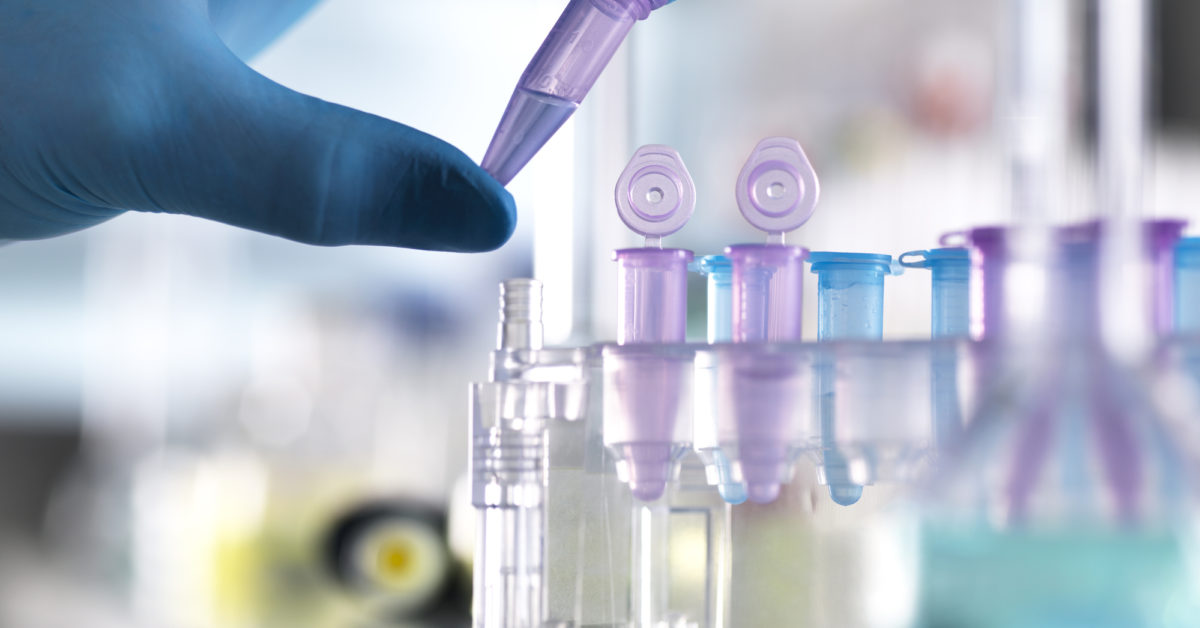Blood from a couple who contracted SARS-CoV-2 in Wuhan, China, early in the outbreak has yielded potent antibodies that have neutralized the virus in the laboratory and protected animals from some effects of the infection. Researchers have also found that combining two of the antibodies may prevent the virus from developing resistance.

In January 2020, the couple traveled to Toronto, Canada, and developed what were among the earliest confirmed cases of COVID-19 in North America.
It can take years to isolate and develop antibodies as treatments, but a team led by scientists at Vanderbilt University Medical Center, in Nashville, TN, drew on recent technological advances to accelerate the process.
Before the pandemic, they developed a way to isolate antibodies and screen them for the ability to neutralize a virus, all within 78 days.
Spurred by the health emergency posed by COVID-19, they streamlined their technique further, until it took them just 35 days to isolate 70 monoclonal antibodies that neutralize SARS-CoV-2 from the couple’s blood samples.
Each monoclonal antibody is produced by a different line of memory B cells — a type of immune cell that “remembers” a particular protein sequence of the virus.
The researchers reported their work earlier this month in the journal Nature Medicine.
After working with 40 of the most effective antibodies, the researchers conducted a second set of studies, described in a paper now accepted for publication in Nature.
In these, they narrowed the field to several antibodies that target a part of the coronavirus’ characteristic spikes that allows it to invade host cells.
Scientists call this area the receptor-binding domain. In SARS-CoV-2, it locks onto a receptor, called ACE2, on the outer membrane of human cells.
An antibody that blocks the receptor-binding domain can, therefore, prevent the virus from entering cells and replicating.
Such an antibody could be produced in large quantities and injected into patients as a treatment. Alternately, a vaccine could provoke the immune system to produce the same antibody for itself, providing protection from future infection.
In their paper, the researchers write

